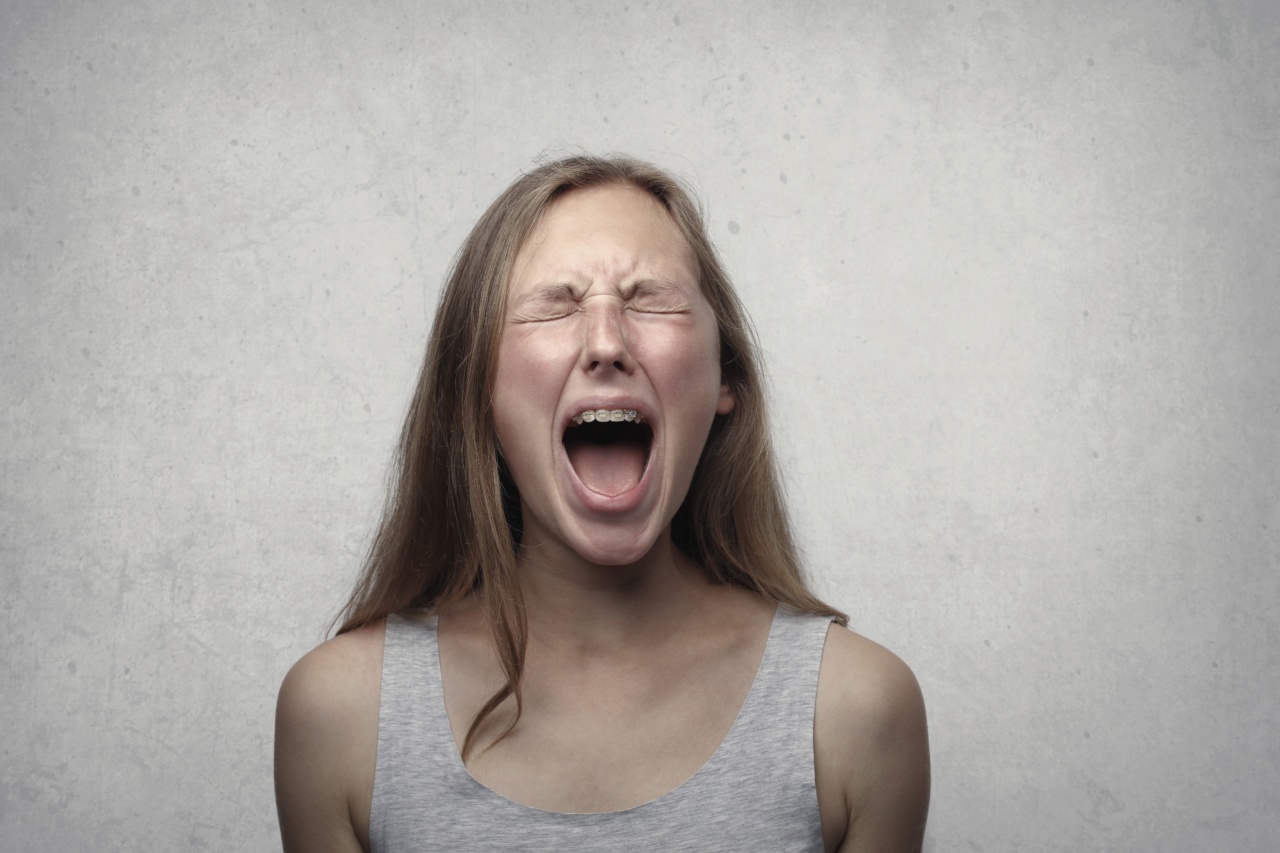Do you feel sad or down without any apparent reason? If yes, then you are not alone. Many people experience this feeling, and it is quite normal to feel down at times.
However, if you are feeling low for an extended period, it might indicate something more profound than just feeling blue. In this article, we will explore some possible causes of why you might be feeling down.
1. Seasonal Affective Disorder (SAD)
Seasonal Affective Disorder (SAD) is a type of depression that usually affects people during the winter months. The lack of sunlight during winter can trigger SAD, leading to feelings of sadness, fatigue, and a lack of interest in activities.
The best way to treat SAD is through light therapy, where a person is exposed to bright light using a light therapy box. It mimics the natural sunlight and helps regulate the body’s circadian rhythm.
2. Hormonal Changes
Hormonal changes, like those during menopause or pregnancy, can also cause feelings of sadness and depression. Such changes can impact the level of serotonin, a neurotransmitter that is responsible for regulating mood, appetite, and sleep.
Additionally, hormonal changes can also cause fatigue, mood swings, and hot flashes.
If you think hormonal changes may be causing your mood changes, it is best to consult a healthcare professional.
3. Nutrient Deficiency
Another possible reason for feeling down could be nutrient deficiency. Some nutrients play a crucial role in maintaining mental health, such as omega-3 fatty acids, vitamin D, and magnesium.
A deficiency in these nutrients may cause symptoms such as mood swings, irritability, anxiety, and even depression.
The best way to know if you are deficient in any nutrients is through a blood test.
In any case, try incorporating foods that are rich in omega-3 fatty acids like salmon, nuts, and seeds, vitamin D-rich foods like eggs, cheese, and mushrooms, and magnesium-rich foods like spinach, almonds, and avocado.
4. Chronic Stress
Stress is an inevitable part of life, but when it becomes chronic, it can cause depression, anxiety, and other mental health issues.
Chronic stress can trigger the body’s fight-or-flight response, leading to an increase in cortisol levels, which can negatively impact one’s mood.
The best way to manage chronic stress is to identify the cause of stress and find ways to cope with it, like exercise, meditation, or therapy.
5. Sleep Problems
A lack of sleep or poor-quality sleep can also lead to feeling down. Sleep plays a vital role in regulating mood and emotions. Lack of sleep can cause irritability, fatigue, and sadness.
The best way to improve sleep quality is to develop good sleep habits. Stick to a consistent sleep schedule, create a relaxing bedtime routine, avoid caffeine and alcohol, and keep your bedroom quiet, dark, and cool.
6. Social Isolation
Social isolation or loneliness can also cause feelings of sadness and depression. Humans are social beings, and we thrive when we have connections and positive relationships with others.
If you are feeling lonely, try to build connections with others. Join a club or an activity group, volunteer, or reconnect with old friends and family members.
If you are struggling with loneliness, consider seeking the help of a mental health professional.
7. Mental Illness
Finally, although feeling down does not always mean you have a mental illness, if it persists for a long time, it is crucial to seek help from a mental health professional.
Mental illnesses like depression and anxiety can cause persistent feelings of sadness, hopelessness, and worthlessness.
A mental health professional can assess your symptoms and create a treatment plan that is appropriate for your specific needs.
In Conclusion
Feeling down can happen to anyone, but it is essential to understand the possible causes of your low mood. If you are experiencing persistent sadness, consult a healthcare professional.
With the proper diagnosis and treatment, you can overcome feelings of depression and enjoy a positive and fulfilling life.































